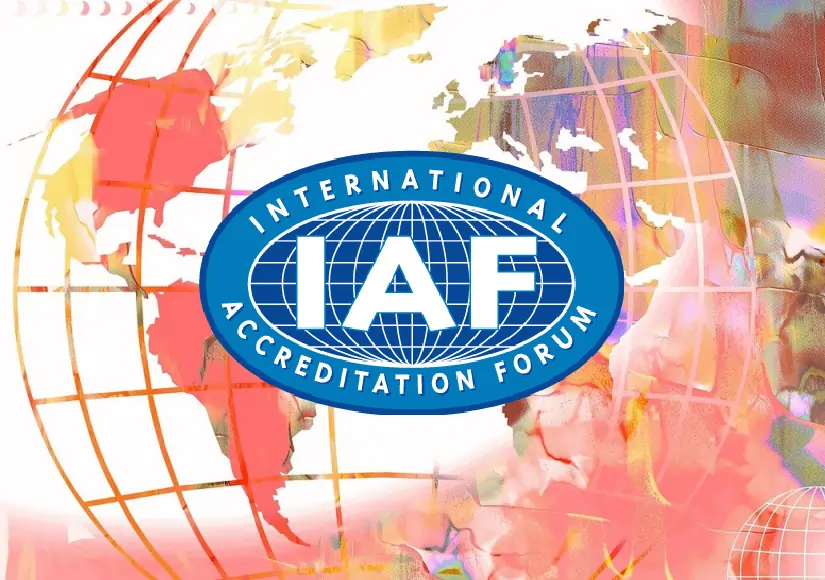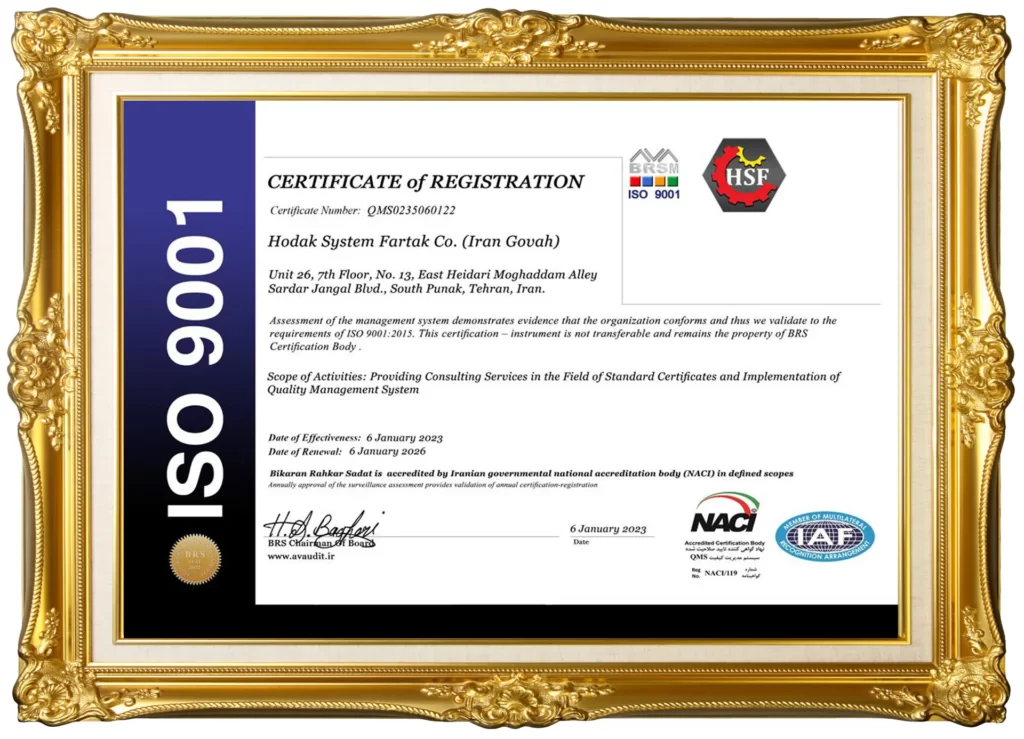ISO 9004 has a long history that dates back to the early 1980s when the International Organization for Standardization (ISO) started working on a series of quality management standards. The first standard in the series, ISO 9001, was published in 1987 and provided a framework for implementing a quality management system (QMS).
BS 9000 is a British standard that provides guidelines for quality management systems in electronic components. The standard was first published in 1989 and was revised in 1995. It is currently being revised again to align with ISO 9001:2015, which is the international standard for quality management systems.
BSI, also known as the British Standards Institution, is a globally recognized organization that provides a range of services related to standards, certification, training, and consulting. Founded in 1901, BSI has over a century of experience in developing and publishing standards that help organizations improve their products, services, and overall performance.
ISO 45001 is a globally recognized occupational health and safety management system (OHSMS) standard that provides a framework for organizations to manage their health and safety risks and ensure the well-being of their employees. It was first published in March 2018, replacing the previous standard OHSAS 18001.
ISO 22000 is a globally recognized food safety management system standard that provides a framework for organizations to manage food safety risks and ensure the safety of food products throughout the entire food chain. It was first published in 2005 and has since been updated to reflect changes in the food industry.
The International Accreditation Forum (IAF) is an organization that works to ensure that accredited certifications are reliable and meet global standards. The IAF was formed in 1993 as a cooperation between accreditation bodies and other interested parties to develop and maintain a globally recognized system of accreditation. In this article, we will discuss the purpose, structure, and benefits of the IAF.
An Accreditation Body (AB) is an organization that is responsible for evaluating and accrediting conformity assessment bodies (CABs). The main function of an AB is to ensure that CABs operate in accordance with international standards and guidelines, and that they provide reliable and impartial assessment services. In this article, Iran Govah will explore the definition, importance, and functions of an Accreditation Body.
Iran Accreditation System (IAS) was founded in 1996 as a result of the realization that a center providing accreditation services needed to be independent and unbiased. In 2010, IAS changed its name to National Accreditation Center of Iran (NACI), and since 2012, it has carried out its duties as an independent agency directly under the direction of ISIRI President.
ISO/IEC 17021 is an international standard that outlines the requirements for organizations that provide audit and certification services for management systems. It sets out the criteria that certification bodies must meet in order to be accredited to carry out certification assessments against ISO management system standards such as ISO 9001, ISO 14001, and ISO 45001.
A Certification Body (CB) is an organization that provides certification services to help businesses demonstrate their compliance with specific standards, such as ISO standards. Certification bodies are accredited by Accreditation Bodies (ABs) to ensure that they are competent and operate in accordance with recognized international standards.










